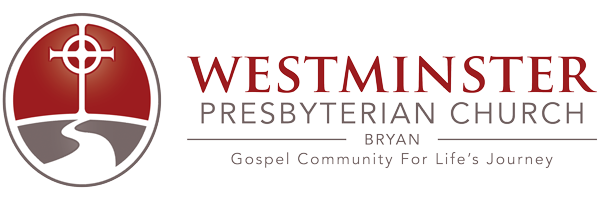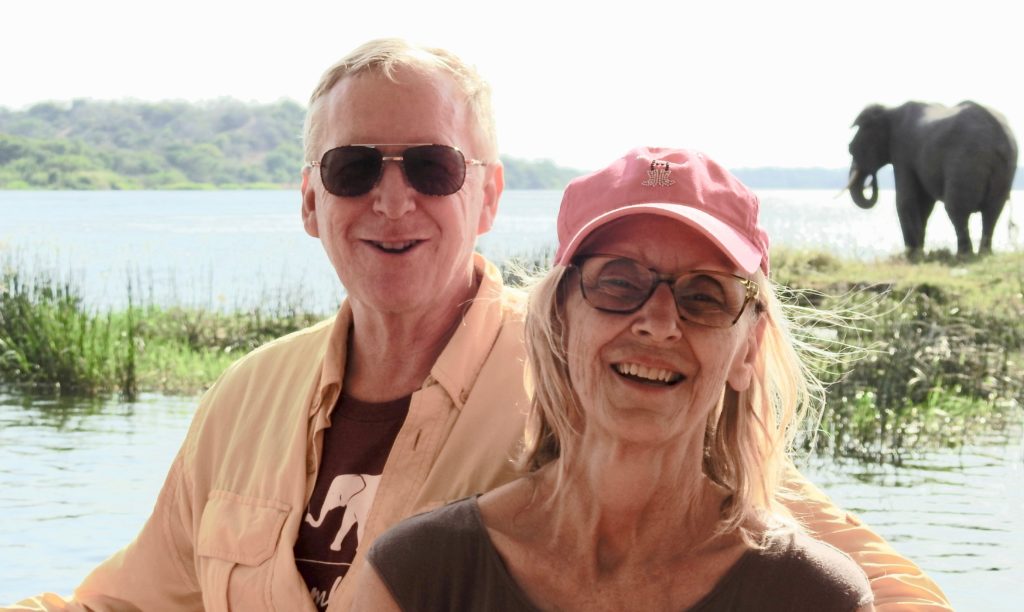Paul McDonald served in the Air Force for nine years and after that worked for a chemical company in the financial planning and economic evaluation areas. He has a wife of 46 years, Linda, and two boys, 9 grandkids and a great-grandchild. He has served previously as an elder in PCA churches in Statesboro, Georgia; Clemson, South Carolina; and in OPC churches in northern New Jersey and Houston.
I was brought up in a Catholic household. I went to Catholic school through 5th grade and then left the church as I became a teenager. I was kind of a rebellious kid; I skipped school a lot and I was not a very good student and probably not considered a very good person. When I started dating Linda, we started looking more at Scripture because the family was interested in it, because she was going to a Baptist church. Over time, her dad shared the gospel with me, right before I went into the military. That’s how my life changed. I agreed with everything he had said, there was nothing new that he asked me; he went through the Romans Road, that I was a sinner and needed a Savior, and that Christ was my only hope. And so I gave assent to all those things and then the family was quite excited about it, although I didn’t feel any different. Before I left for the military he gave me a Bible and I was compelled to read it. I read it a lot, even to the point when I was in basic training, sitting on my bunk in the dark with my flashlight and I would read my Bible. So that’s how I came to faith. Over time I kept on being very interested in the Scriptures, and we became more and more involved in churches. I came to the reformed faith in 1981, and that to me was like turning on color TV versus black and white, because I understood to a greater degree the doctrines of grace.When you’re on a session, you’re working with people and sometimes it’s on sensitive issues. Some of my closest friends, the people that I admire the most were people that we worked with through difficult times. I think there’s a bonding that happens in good situations. I have a desire for the spiritual well-being of the people, and so I think that’s the other side of this in the sense that I like to encourage people to develop their gifts, to help them with their interests, to try to plug them into the work of the church, and to help them in their family life if I can. I don’t know what spiritual gift you would call that, but I’m drawn to that type of concern and to pray for them.


